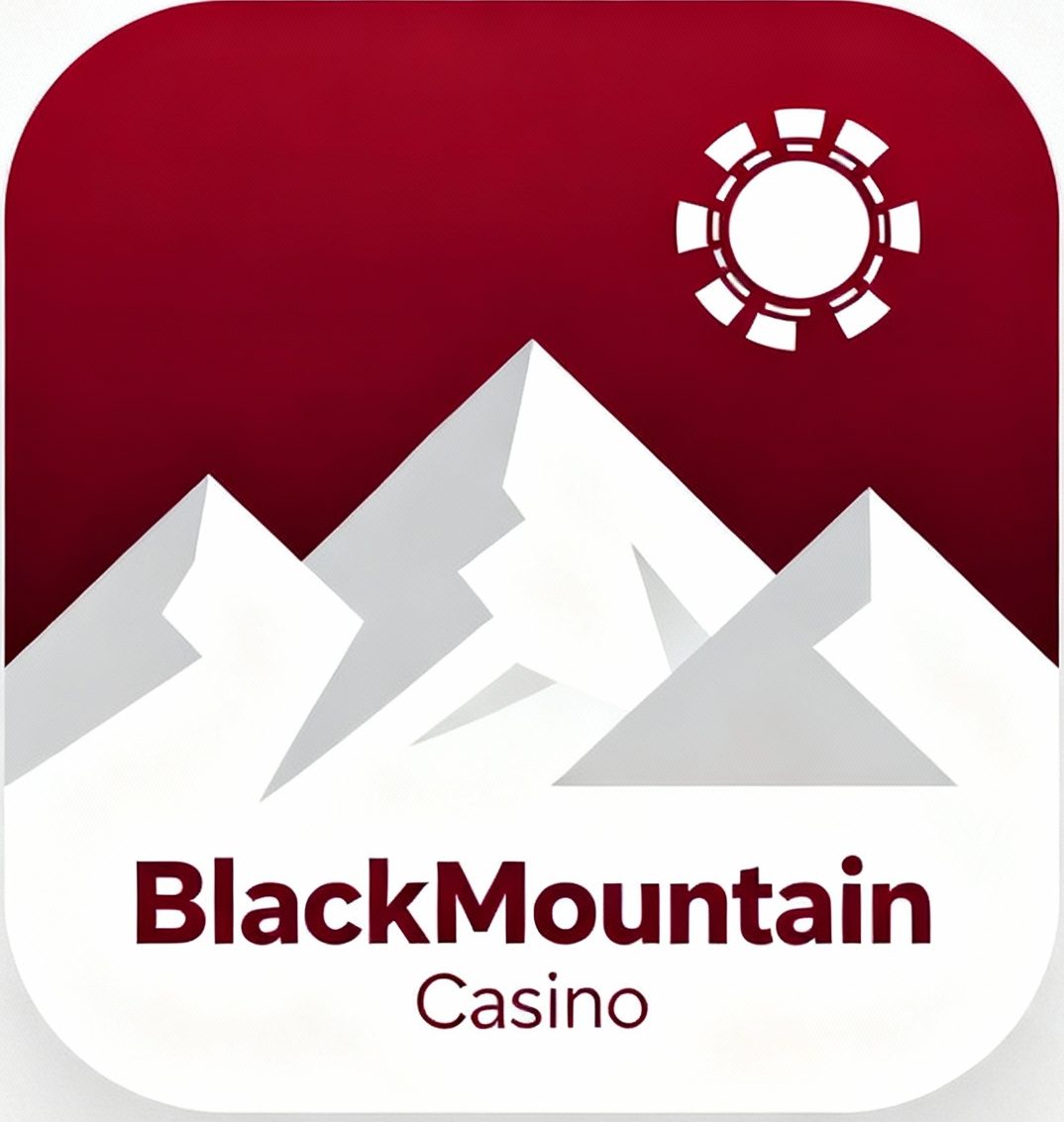Kalshi is doing something different. Instead of taking bets on sports or games like a traditional casino, it is letting people put money on real world events — everything from inflation numbers to election results. But here is the twist: Kalshi is not licensed as a gambling site. It is licensed as a financial exchange.
Specifically, Kalshi is regulated by the Commodity Futures Trading Commission (CFTC) in the United States. That puts it in the same legal category as large financial markets like the Chicago Mercantile Exchange. The company calls what it offers event contracts — not bets. And by structuring them as financial instruments, Kalshi avoids the state by state gambling license model used by sportsbooks and casinos.
What Makes Kalshi Different
On the surface, trading on whether interest rates will rise or which party will control Congress might feel similar to placing a bet. You are risking real money based on an uncertain outcome. But in Kalshi’s case, it is wrapped in financial regulation, not gambling law.
That gives Kalshi access to a nationwide US market without dealing with gambling restrictions in each individual state. This has attracted a lot of attention and some pushback. A few states, like New Jersey and Massachusetts, have argued that Kalshi’s political and sports related markets do resemble gambling, and are trying to challenge them in court.
So far, Kalshi has had some success. In one major case, a federal court sided with them, and the CFTC decided to stop fighting the appeal. That is a big win for Kalshi and a potential opening for other companies that want to follow the same path.
Why This Matters
Kalshi’s model challenges the traditional definition of gambling. If you can trade on political control or economic reports and call it a financial product, then where is the line between a futures contract and a wager?
That question does not just matter to regulators. It matters to investors, entrepreneurs, and anyone watching the growth of real money platforms. If Kalshi’s approach holds up legally, it could reshape how companies enter the market — not just in the US, but internationally.
Is There a Stock Angle to Kalshi?
Kalshi is currently a private company, which means you cannot invest in it through public markets. But the story does not end there. If the regulatory model it uses gains traction, it could create ripple effects across several public sectors — especially online gambling, fintech, and trading platforms.
Public companies in those sectors may take inspiration from Kalshi’s model or seek partnerships or acquisitions to gain access to this kind of event based user engagement. Investors who track developments in compliance, regulation, and emerging financial platforms should watch Kalshi closely. Regulatory flexibility has historically been a major growth driver in both gambling and finance.
Final Thoughts
Kalshi sits at the edge of two powerful industries: finance and gambling. It is not quite either, but it is borrowing elements from both. Whether you call it innovation or legal workarounds, it is something new and worth paying attention to.
For those following the evolution of real money platforms and how different countries are handling new business models, we cover that in depth at Real Money Gambling Canada. From emerging markets to licensing updates, we explore how real money is moving in new directions and what it means for the future.


Keep up the great work!